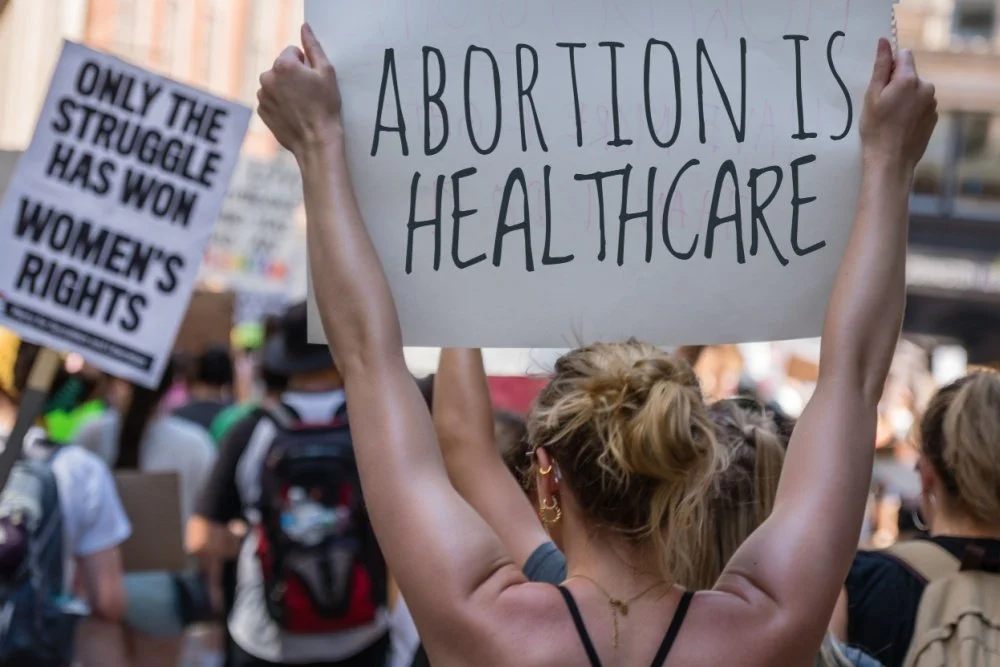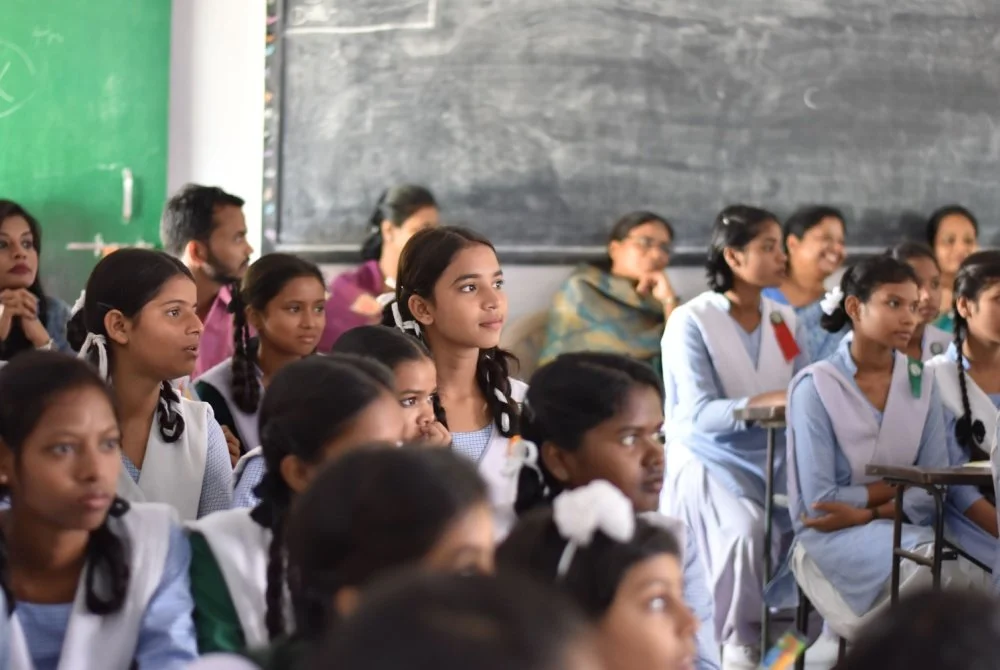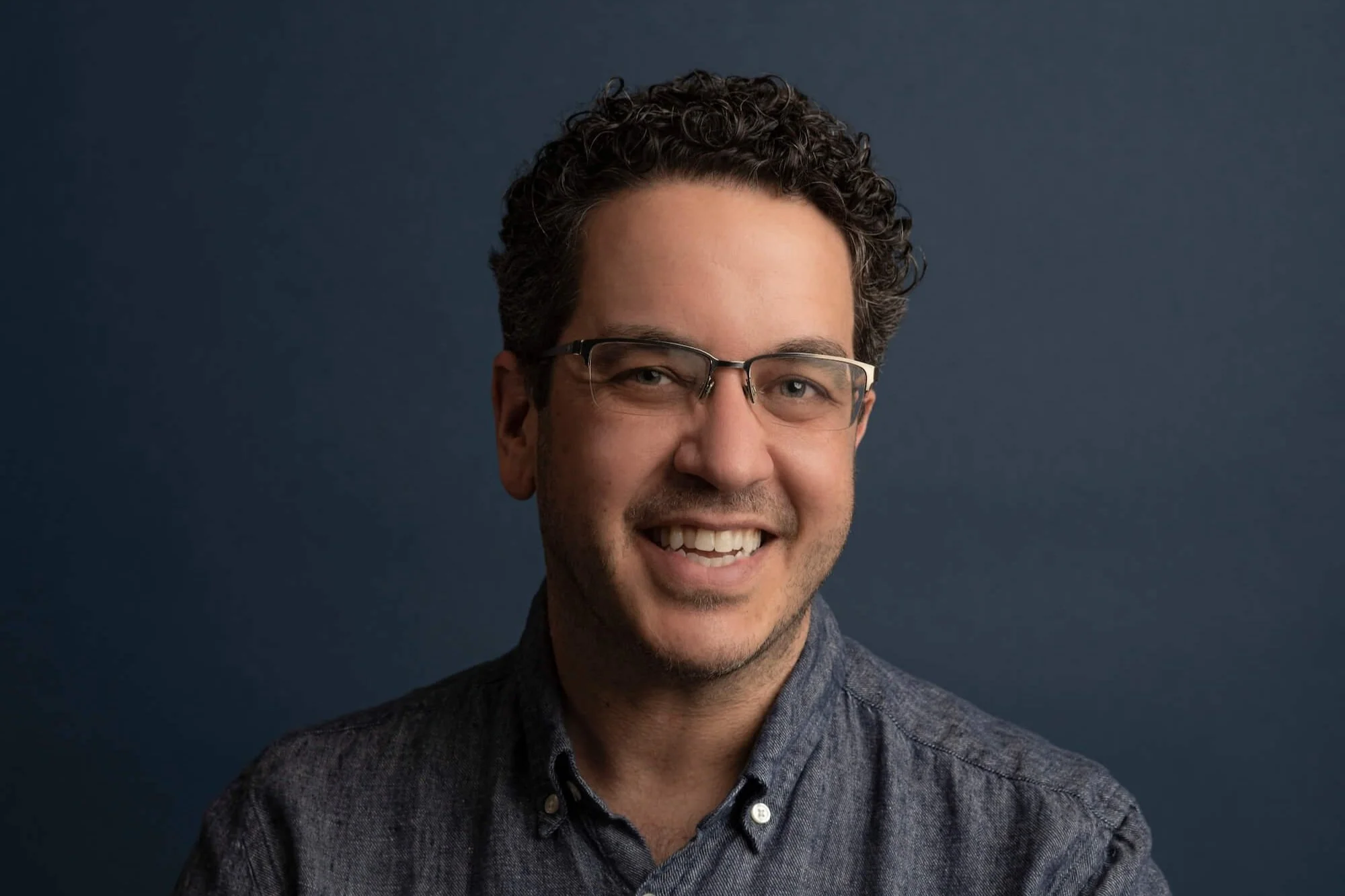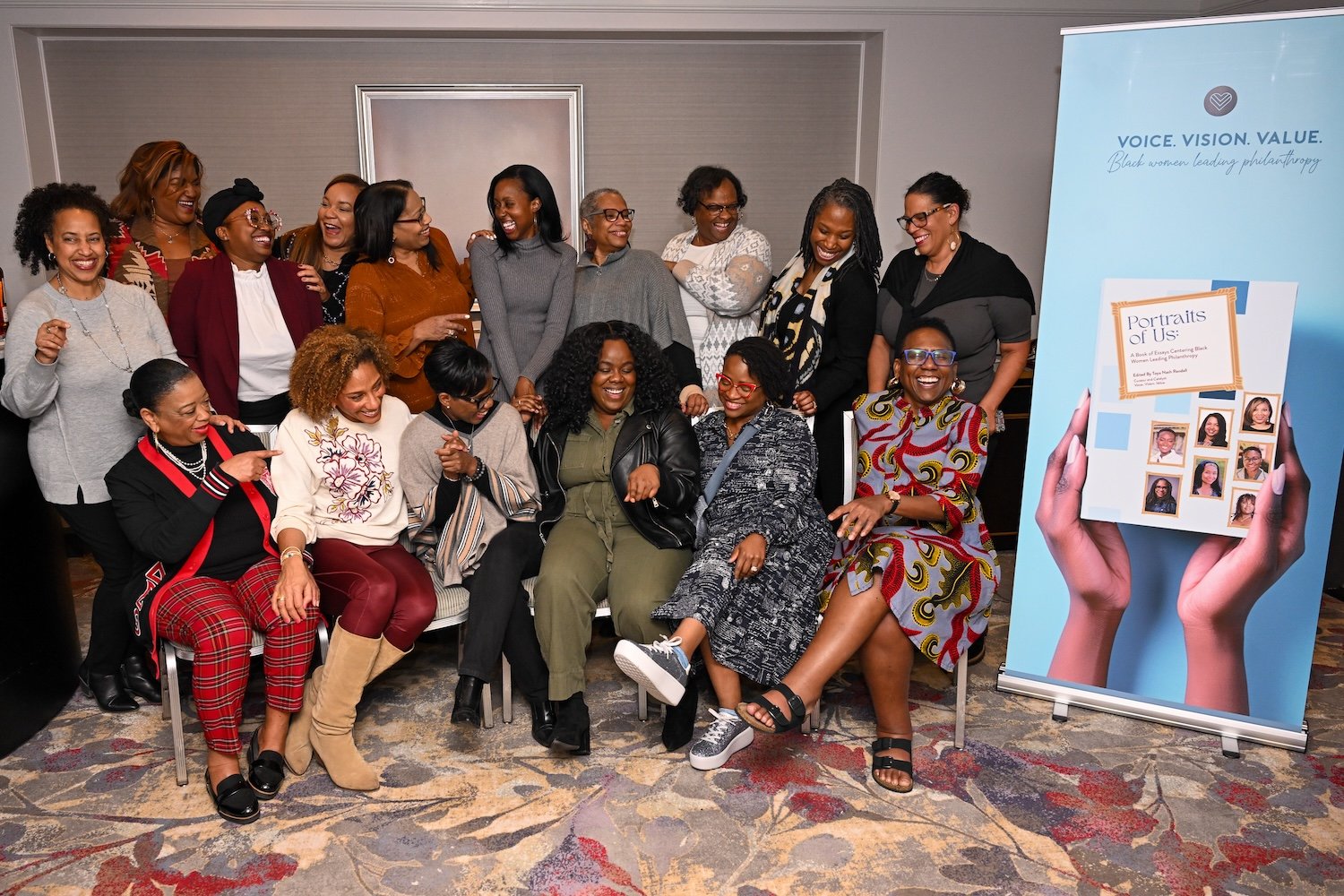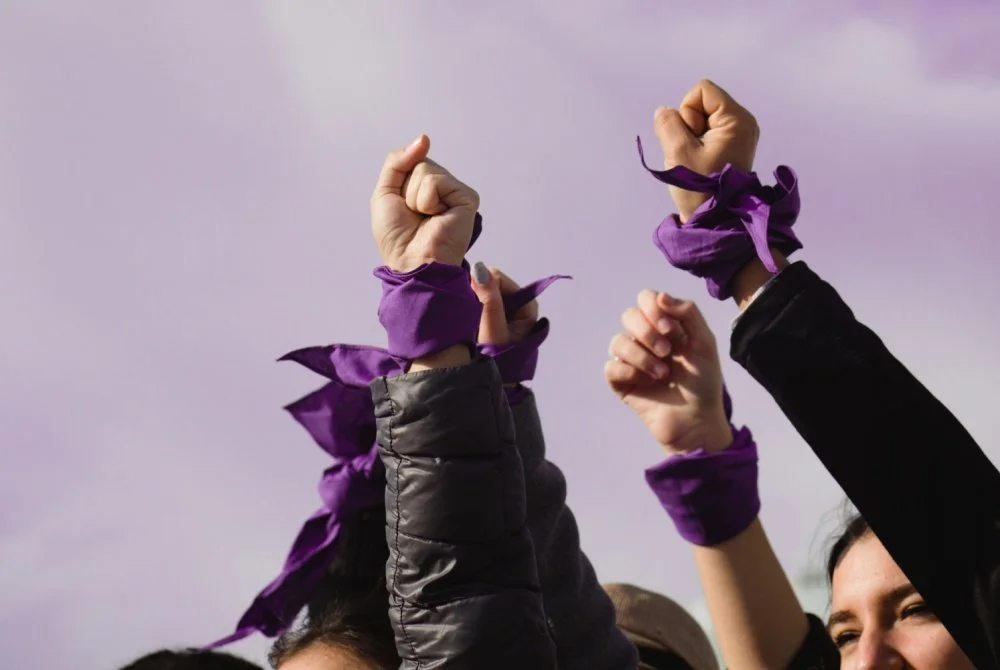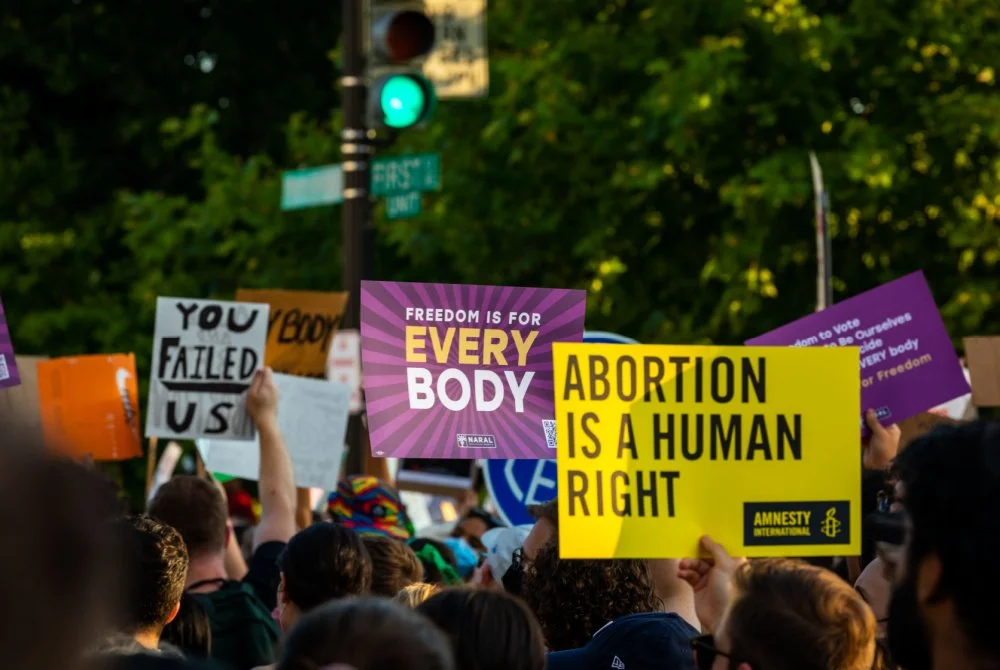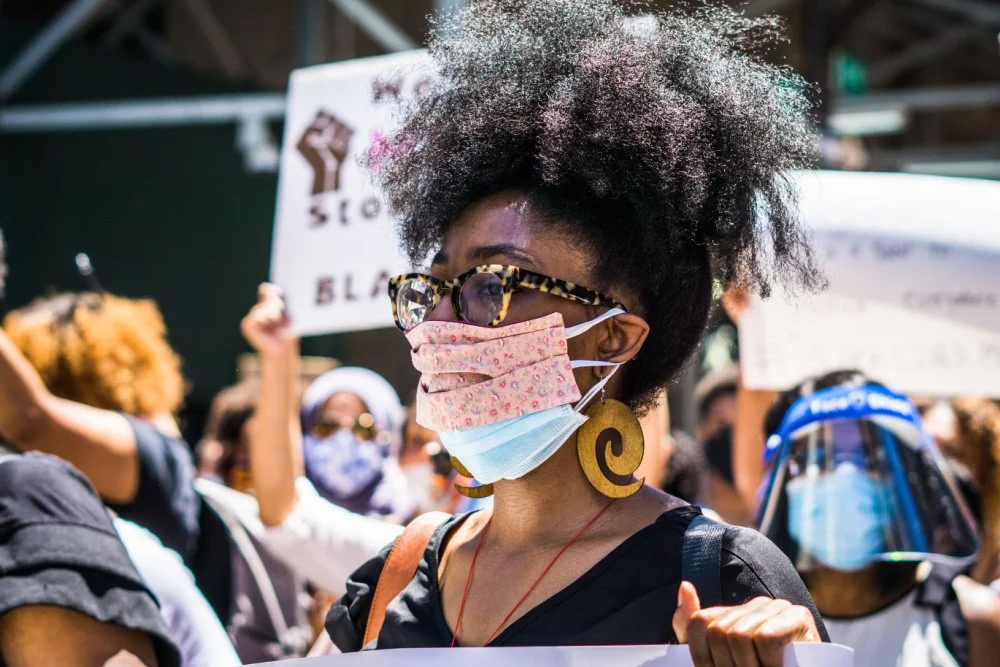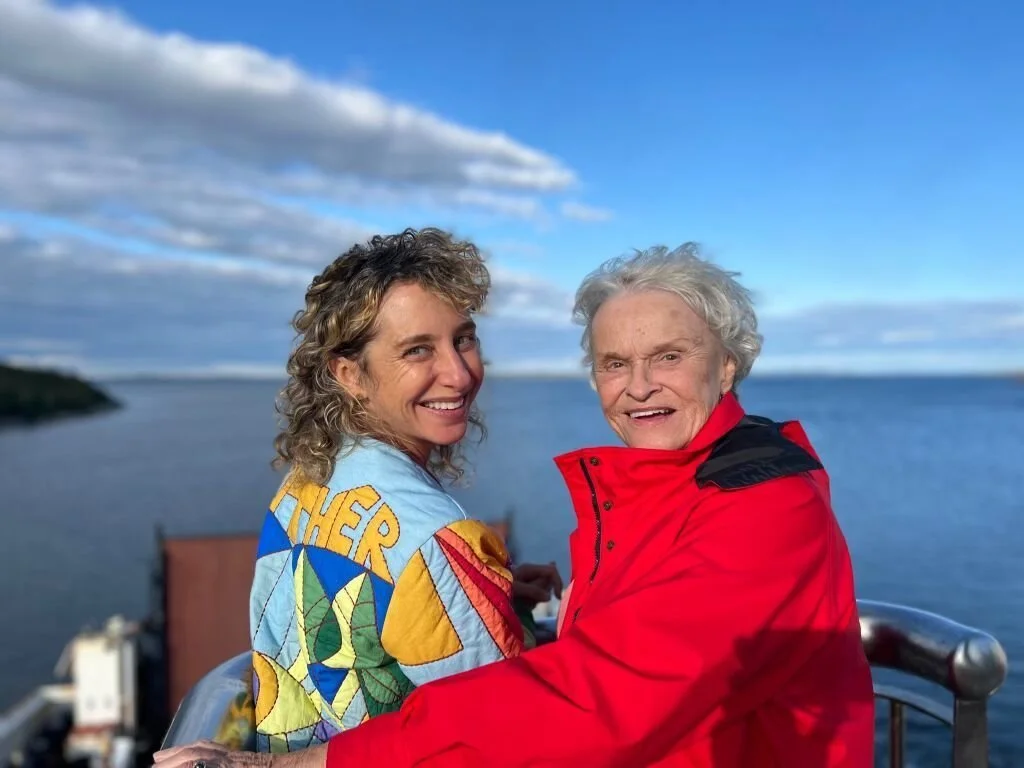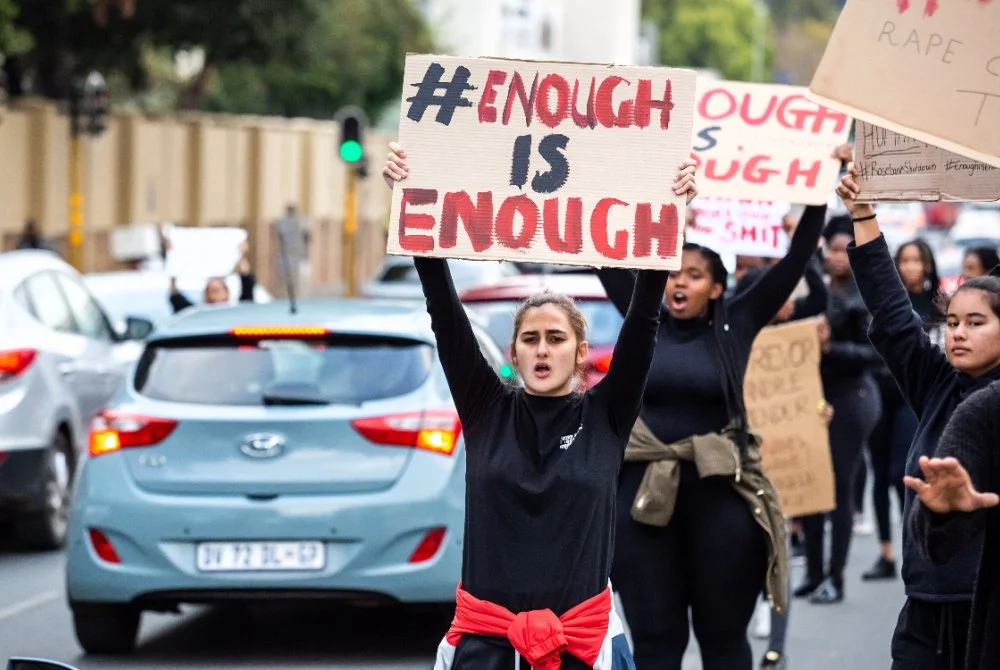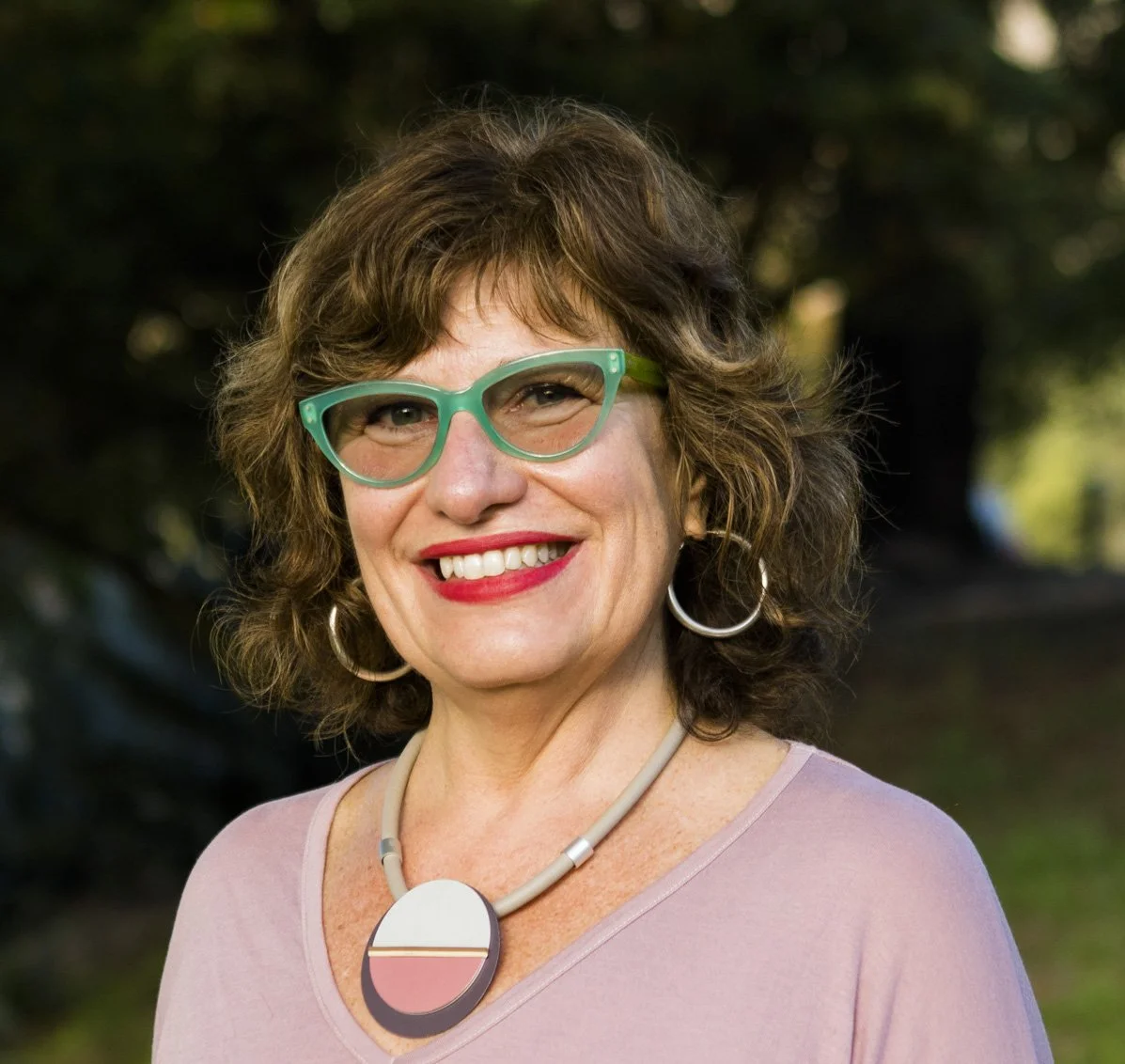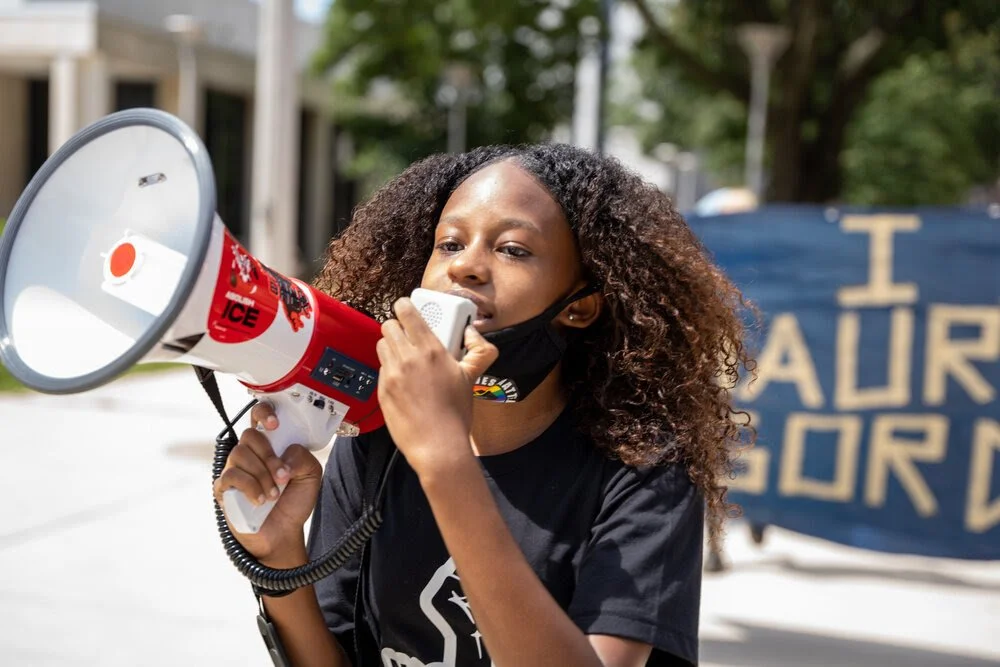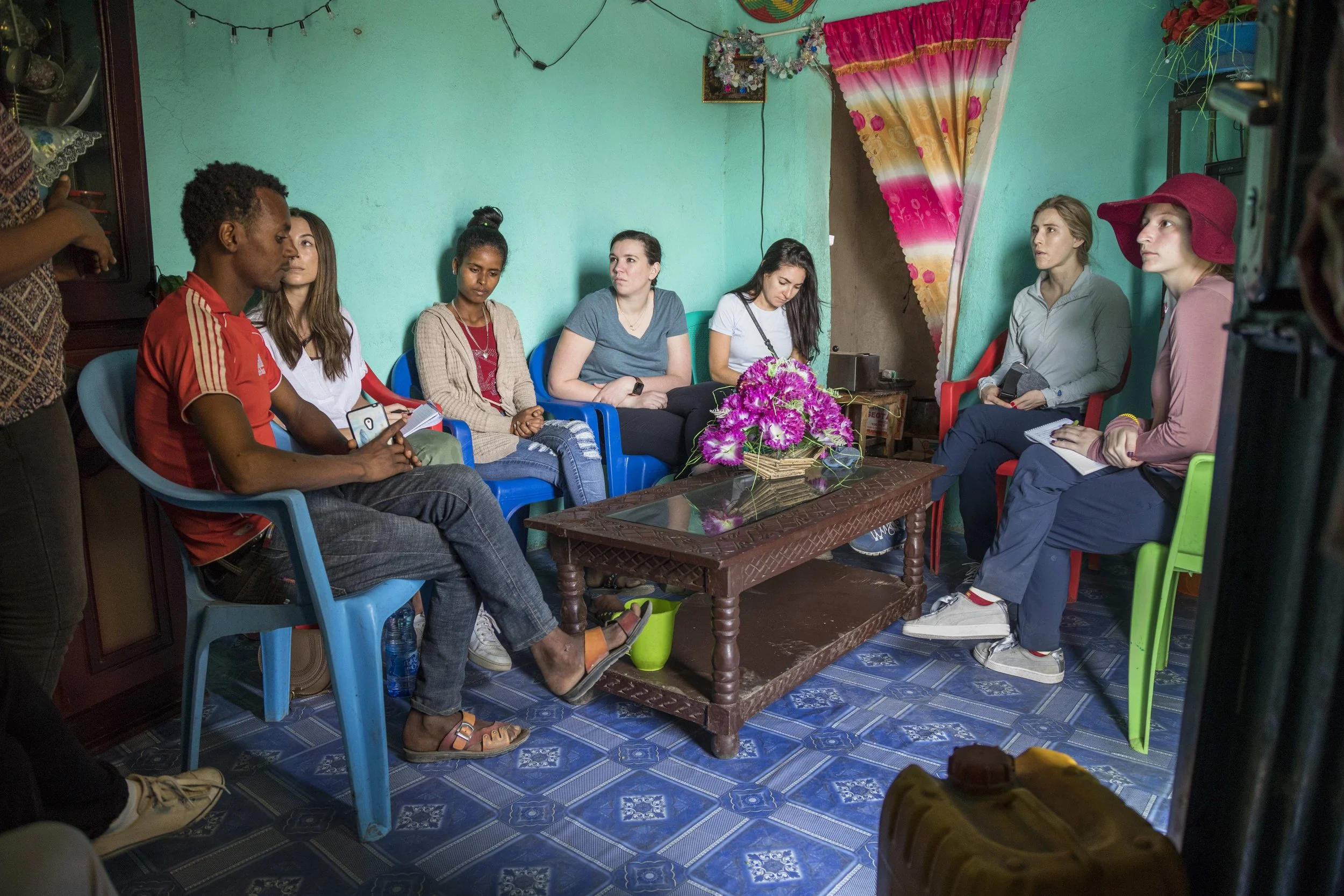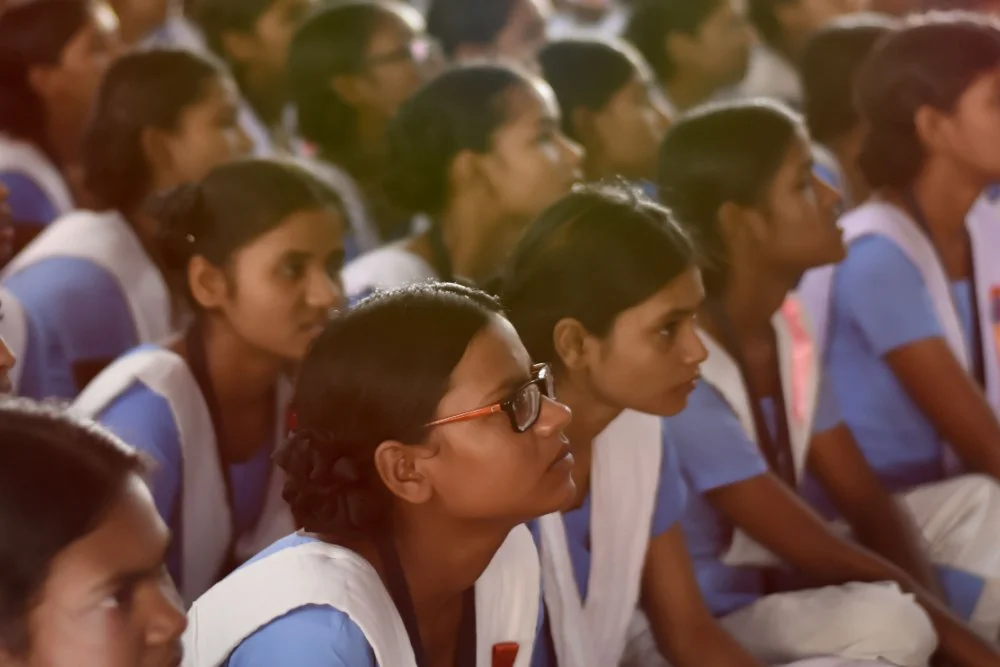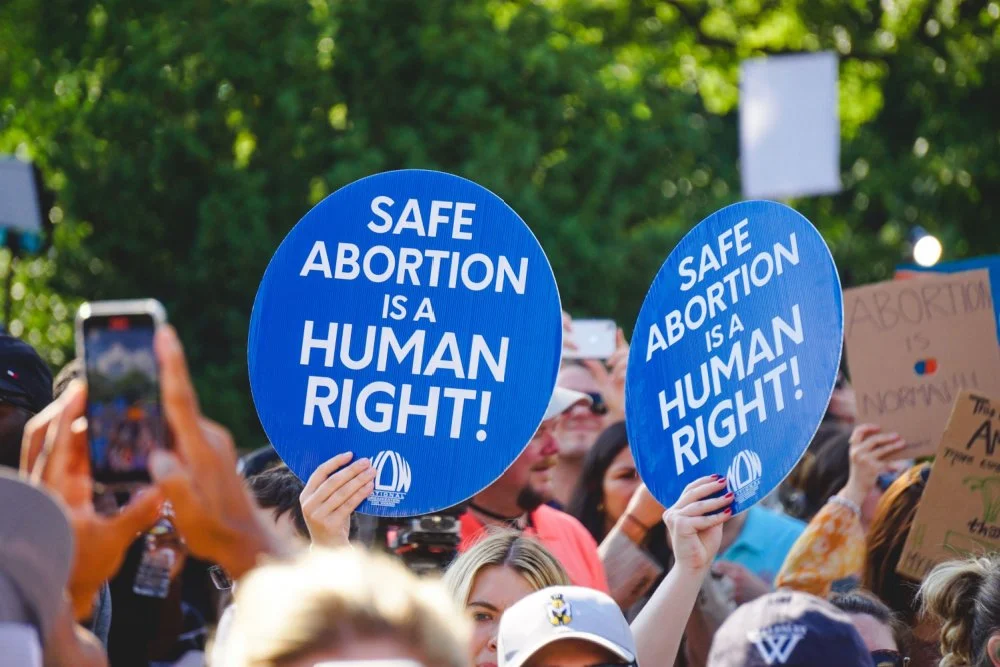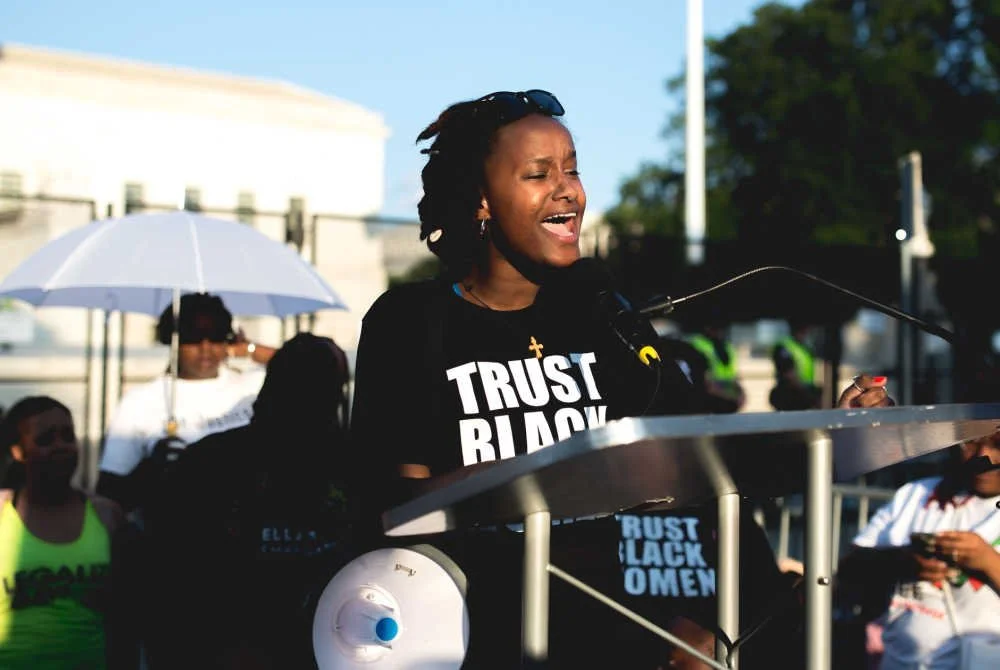“Rise and Thrive.” What This State Fund is Doing to Fuel Women’s Success
/cate_89/shutterstock
The Vermont Women’s Fund (VWF) is the largest women-focused philanthropy in the state and currently centers its work on empowerment, economic mobility and career fulfillment. Its stated mission is to “help all Vermont women and girls to rise and thrive.” It supports a range of groups providing educational, social and career-building support to teens and women in a state where women who work full time earn 84 cents for every dollar men do, and only 8 percent of the highest-grossing companies are women-led. Unfortunately, these imbalances are not unique. Also familiar within the funding world are some of the VWF’s approaches, such as embracing the potency of collaboration, upholding stable home lives and economic opportunities as essential to women’s success, exploring the power of gender norms, and engaging men as allies.
As is true in other rural regions, a primary funding obstacle for the VWF is reaching the state’s more isolated populations. Director Meg Smith tells Inside Philanthropy, “We are a small, rural state with many small towns scattered throughout the mountains, hills and valleys. Finding programs that serve the economic needs of women and girls in these outlying areas can be a challenge.” Despite this persistent struggle, here are three ways the VWF supports women’s well-being and prosperity in Vermont:
Fostering Educational and Entrepreneurial Opportunities
Late last year, the VWF awarded $102,900 through its competitive grant program to 12 organizations. Several grantees are education- and job-focused, including the Center for Women & Enterprise, which will provide women with entrepreneurial education and financial literacy support as they start new businesses. Support also went to help young people explore careers in healthcare and to attend STEM and coding camps, as well as other learning residencies that aim to help them “grow self-confidence, build job and college readiness, and create new understanding of pathways to their career goals.” Capstone Community Action is a grantee that serves both parents and youth, providing early development support for kids while helping mothers serve as positive role models. Several of the other funded programs also combine education with human services, which we explore more below.
Funding for Women’s Resilience and Prosperity
Women transitioning out of prison will receive housing and support to create sober and healthy lifestyles, thanks to the VWF’s grant to the Howard Center. Another grantee trains women who are survivors of domestic and sexual assault to work at local businesses. Educational and employment opportunities designed specifically for low-income, single parents also received backing, along with a Young Women's Leadership Council for women living in low-income housing.
These funding choices emphasize that women—and all people—who have very limited incomes and/or who have been through trauma need to experience both stability and opportunity to persevere. We see other funders recognizing that incarceration, violence and opportunity gaps are crucial and often intersecting funding areas for women.
Teaming up With Women’s Groups to Increase Local Impact
One of VWF’s other core activities is serving as one of three women-focused organizations that form an initiative called Change the Story (CTS), which will remain a focus in 2019 and beyond. The other two are the Vermont Commission on Women, an independent state government commission that educates the public and government on women’s issues, and Vermont Works for Women, a nonprofit that supports women’s economic success. Throughout the philanthrosphere, we see more funders willing to collaborate within and beyond their sectors, taking on the difficulty of navigating cooperative action as a worthwhile trade-off for achieving increased impact. CTS publishes research, supports workplace gender diversity, empowers community ambassadors, and provides numerous gender-related resources and tools.
For example, CTS runs a Male Champions of Change program similar to the one we recently profiled from the Chicago Foundation for Women. In 2018, 50 male business and community leaders compiled ideas for advancing gender equity in Vermont, including the normalization of “being a male feminist” (explore more of their insights here). CTS is aware that gender norms and implicit bias have powerful impacts on how men, women and gender-nonconforming people live their lives, and it created a group of Conversation Cards to facilitate related discussions.
“At Change The Story, we believe that what lies beneath the troubling statistics about the economic status of women in Vermont are stories that we have been told and tell about ourselves, stories that we believe and stories we act on,” the group states.
Smith says one of the VWF’s main goals in 2019 is “to find ways to draw men into the conversation about gender equity. Real change for women will not come without men.” In early February, with CTS, the fund is hosting a breakfast “to invite and engage men to find solutions to fast-track women’s economic security in Vermont and in the U.S,” with Ted Bunch, co-founder of A Call to Men, an organization that asks men to examine and own the cultural and personal roles they play in women’s mistreatment.
The VWF has awarded more than $2 million to Vermont-based nonprofits since it was founded in 1994 as a component fund of the Vermont Community Foundation (VCF). Unsolicited grant applications are accepted electronically through VCF’s Online Grants Manager. Although both this fund and the community foundation are based in Middlebury, the VWF awards grants throughout the state. Its annual grant application deadline typically falls in early February, and grant awards are usually announced in the spring.


